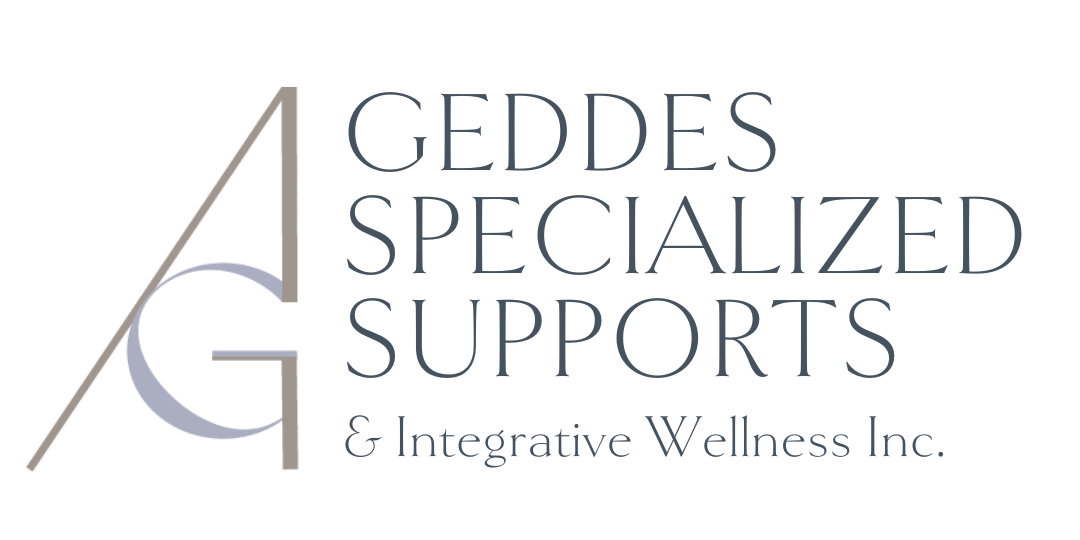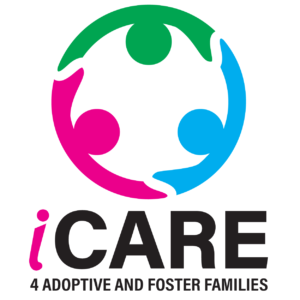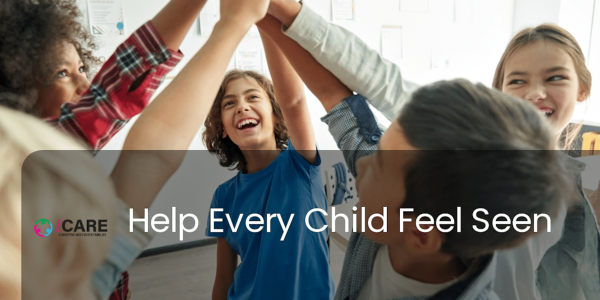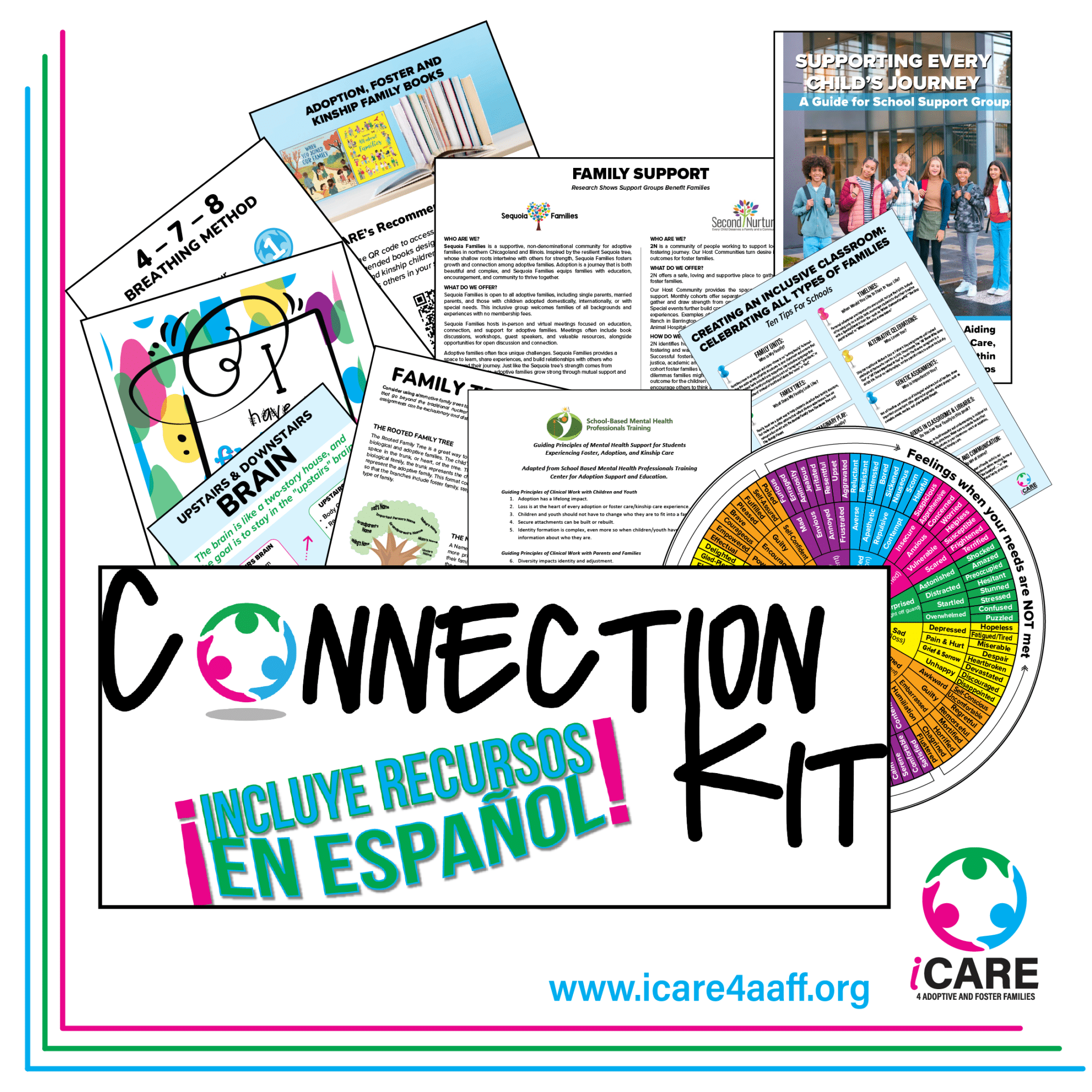Understanding Prenatal Alcohol & Substance Exposure:
Why Typical Caregiving Strategies Often Fall Short

Over the years, I have met some of the most dedicated, loving, and well-informed foster, adoptive, and kinship caregivers. Many have been trained extensively in trauma and attachment, yet still face puzzling and persistent challenges when parenting children impacted by prenatal alcohol and other substance exposures.
These exposures can alter brain and body development in ways that create unique — and often misunderstood — symptoms. While trauma-informed strategies are vital, they don’t always work the same way for children with Fetal Alcohol Spectrum Disorder (FASD) or related neurodevelopmental differences. Typical expectations, such as building on yesterday’s learning or managing impulsivity through step-by-step instruction, may not be realistic.
Children with FASD may show remarkable strengths — perhaps excelling in art, navigation, or creativity for example — alongside inconsistent skills in daily routines like brushing teeth, packing lunch, or remembering instructions. Memory gaps, impulsive decision-making, sensory sensitivities, and “confabulation” (filling in memory gaps with mixed details) can be mistaken for defiance or dishonesty.
When these differences are not recognized, (Globally, fewer than 2% of the people who should have an FASD diagnosis have access to relevant assessment services) systems can unintentionally add to family stress and even create and perpetuate trauma. Understanding the brain-based nature of these behaviors helps caregivers, educators, and professionals set realistic expectations, protect dignity, and foster success.
We all share the same goal: for children to feel safe, valued, and capable. By using FASD-informed screening and assessment, and adapting our approaches to their unique needs, we can better support individuals to grow and thrive. For more insights, visit angelageddes.ca or listen to Kitchen Table Conversations.

Angela Geddes
Angela Geddes, CYW, BA (Psych), MSW, RSW, MYACT, YTT, is a registered social worker with 30+ years of experience supporting families navigating FASD, ADHD, trauma, and intergenerational adversity.
Founder of Geddes Specialized Supports & Integrative Wellness, she is the author of 'A Complicated and Beautiful Brain' and other guides, and is known for translating research into practical, compassionate strategies. A certified ACT practitioner, speaker, and trainer, Angela leads a team of trauma-informed clinicians and collaborates with schools, child welfare, and health systems to build more compassionate, coordinated care.

The prevalence rate of FASD is more than ASD, CP, Tourette's and Down's Syndrome combined.
www.angelageddes.ca • angela@angelageddes.ca
Check out A Complicated and Beautiful Brain and Not Your Typical Parenting Guide HERE


